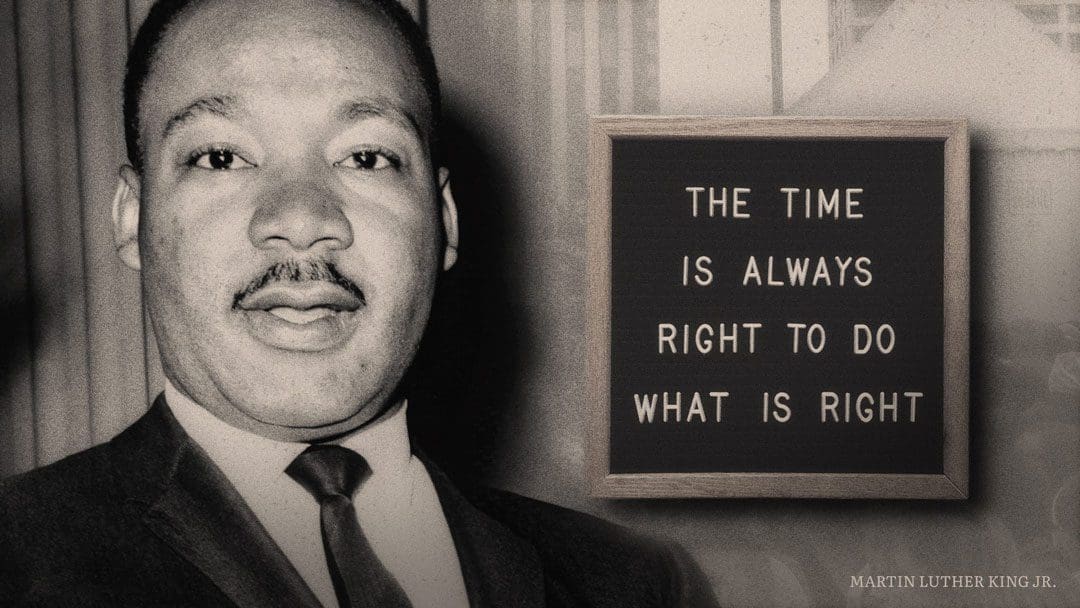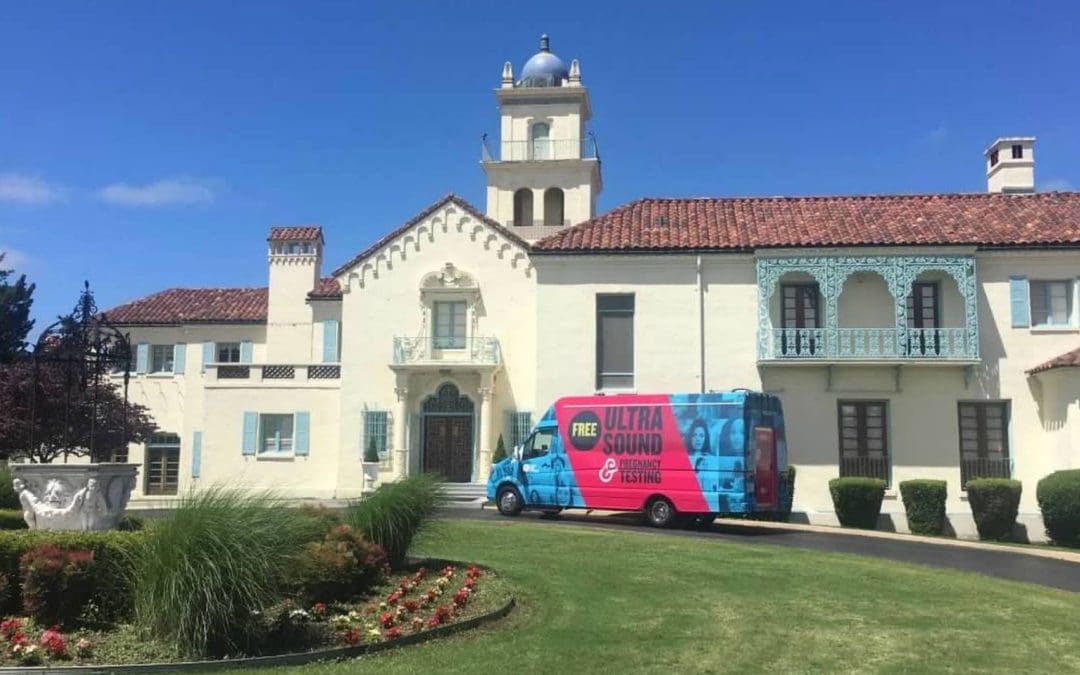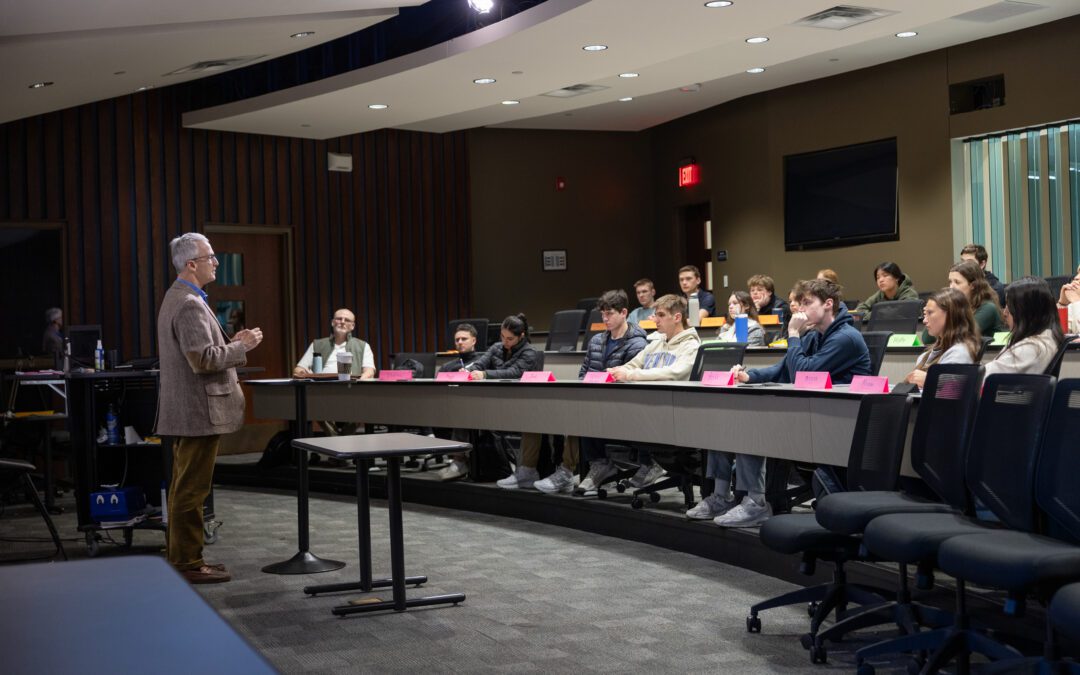Today we celebrate the life and legacy of Dr. Martin Luther King, Jr.
Dr. King was born on January 15, 1929 in Atlanta, Georgia. He emerged as a leader of the Civil Rights Movement following the 1955 boycott that took place in response to the segregated bus system in Montgomery, Alabama (the boycott that started when Rosa Parks refused to give up her seat to a white man). As a result of the subsequent Civil Rights Movement of the 1960s, African Americans finally gained legal and political equality with the passage of the Civil Rights Act of 1964 and the Voting Rights Act of 1965. Dr. King won the Nobel Peace Prize for his efforts in fighting racial injustice through “civil disobedience”- nonviolent protests like sit-ins, boycotts, strikes and marches. Tragically, Dr. King’s life was cut short when James Earl Ray assassinated the civil rights leader in 1968.
Each fall, when I teach American History, I show my students Dr. King’s famous “I Have A Dream” speech that he delivered at the Lincoln Memorial in August of 1963. Although the speech undoubtedly contains numerous inspiring and iconic lines, perhaps my favorite is the one that best encapsulates the gospel: “I have a dream that one day on the red hills of Georgia, the sons of former slaves and the sons of former slave owners will be able to sit down together at the table of brotherhood.” [1] I know that Dr. King meant this line literally — he believed that one day African Americans would experience the freedom and equality that had eluded their community for so long. Because Dr. King was a Christian, I’m guessing he also knew that the only way two such sinners with so much history and baggage could reconcile was through Christ. Galatians 3:28 says “there is neither Jew nor Greek, there is neither slave nor free, there is no male and female, for you are all one in Christ Jesus.” [2] Dr. King’s “table of brotherhood” serves as an incredible picture of grace and true freedom that a person can experience — not through laws or human action, but through Christ Jesus.
Continuing Legacy
As a historian, it is my job to lead my students through history to ensure that the mistakes of the past do not repeat themselves. As trite as it sounds, “those who don’t learn history are doomed to repeat it” seems to be a very relevant aphorism. There are many lessons to glean from the work and leadership of Dr. King. But as Christians, we must examine Dr. King’s work and legacy through a Biblical worldview. The lessons we thus learn help us battle current injustices using Biblical truth.
Dr. King’s “table of brotherhood” serves as an incredible picture of grace and true freedom that a person can experience — not through laws or human action, but through Christ Jesus.
Fortunately, Dr. King’s legacy lives on through the work of his niece, Alveda King. Alveda is a staunch pro-life activist and director of the aptly-named organization Civil Rights for the Unborn. Like her famous uncle, Alveda advocates for the marginalized and vulnerable. By the grace of God, the pro-life movement experienced a historic victory last summer with the overturning of Roe v. Wade. But Alveda continues her work fighting against the injustices perpetrated against the unborn. I am confident her uncle would be very proud.
Today, our country feels more divided than ever; Dr. King’s “table of brotherhood” seems more and more elusive. I believe we would do well to remember Dr. King’s legacy and his desire to see unification and peace. Christians especially must continue to fight injustice and pursue peace; however, we must remember that true justice and lasting peace is only found in Christ. Accordingly, the best way to honor Dr. King’s legacy is to simply point others to Christ.
[1] Martin Luther King, Jr. “I Have a Dream”, americanrhetoric.com
[2] Bible, English Standard Version.
Julie Hufstetler is an Assistant Professor of History and Political Science at Oklahoma Wesleyan University.



